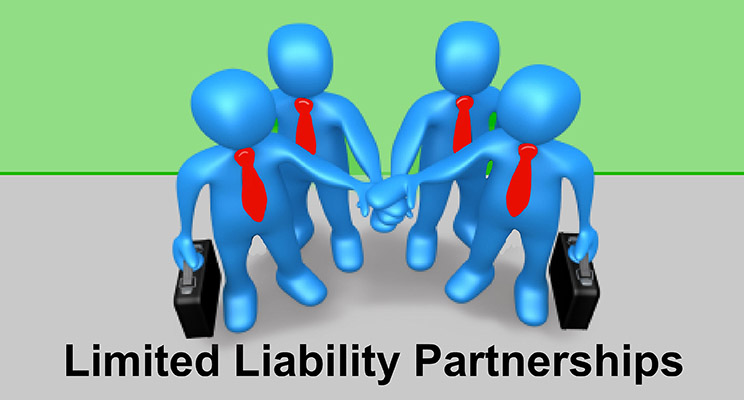What is the main advantage of a limited liability partnership?
What a lot of people don’t realise is that if an owner managed business needs to maximise tax benefits then if the owner/manager, e.g. an individual or family members that own the business and live off all the profits of that business then (from a tax point of view) the correct corporate entity is not always a limited company.
A lot of accountants’ stock answer to setting up a new business is to incorporate a limited company but often they don’t consider other options. The main problem with a limited company is the adverse tax situation, i.e. the company will pay corporation tax (the main rate of corporation tax is currently 25%) on the company’s profits before the owner of the business takes dividends from the company. If the business is profitable and the owner is an additional rate tax payer (i.e. total taxable income per annum from all sources of income in excess of £125,140 p.a.) then they will be subject to paying income tax on that dividend at a tax rate of 39.35%. However, that is after the company has already paid 25% corporation tax, i.e. a double tax charge of over 64% tax.
Let’s also assume that the tax payer likes to drive an expensive car then it would be prohibitively expensive for the company to buy that car and pay for the finance costs on that car as the owner/manager will have to pay a P11D benefit in kind for the personal usage of that car and the petrol provided, i.e. two taxable benefits in kind. These P11D benefit in kind on an expensive car could amount to £50,000 p.a. In addition to this the company would pay Class 1A national insurance on this benefit in kind provided to the director.
However, what if the business was a Limited Liability Partnership not a Limited Company? What happens then?
Well, to start with the Limited Liability Partnership is not a separate legal entity for tax purposes. Unlike a limited company, it does not have its own tax liability. Therefore, the profits of a Limited Liability Partnership are taxed on the Partners (referred to as Members). Thus, no corporation tax is paid.
Neither is there a taxable benefit in kind on items such as motor vehicles as the Limited Liability Partnership is not a separate legal entity for tax purposes. The advantage of this is that apart from being restricted to claiming business mileage on the car that you own personally at 45p per mile for the first 10,000 business miles and 25p per mile for each business mile thereafter is that the car can be fully expensed (subject to the business usage calculation) in the financial statements of the Limited Liability Partnership.
This means that the Limited Liability Partnership can:
Purchase the car and claim the business usage element of:-
- Capital allowances on the use of the car (a tax deductible cost).
- The running costs of the car, e.g. car tax, insurance, breakdown recovery, petrol, repairs etc.
- The interest incurred on financing the cost of purchase of the car.
These costs are all deducted pre taxable profit therefore the owner/manager gets tax relief on these costs without incurring a taxable benefit in kind that would be the case with a limited company.
You can then extrapolate this example for other business expenses.
If you require further advice, please Contact Us.

